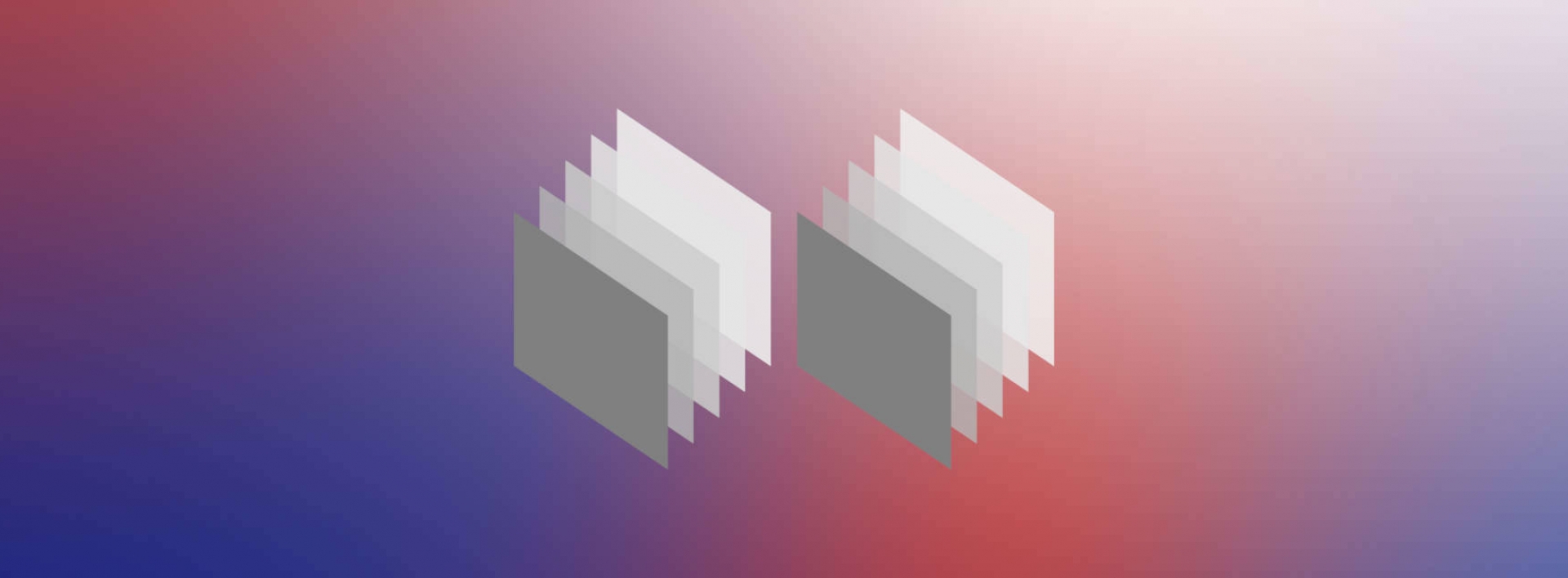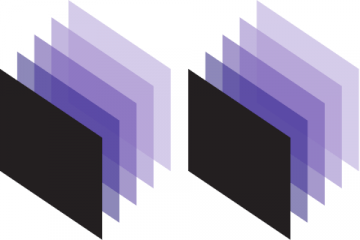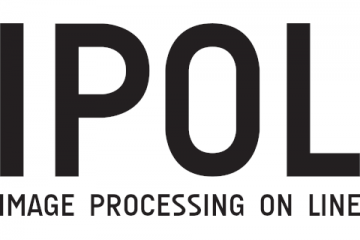Reproducible research
A plea for a reproducible research
Scientific production is generally based on trust and the process of peer review, which guarantee the quality, truth and accuracy of the results and the honesty of its authors.
It is clear that most scientific publications today take the form of a pdf to be taken at face value, in the absence of clearly defined parameters (many of which are missing), and in the impossibility of examining in detail the images, sources or graphics. The algorithm described does not work in general on other data than those used in the article (on which we have very little information).
The results are impossible to reproduce (hidden or biased parameters, missing data, etc). These numerous limitations reduce the scope of the publication and make it difficult to be qualified as "scientific".
IPOL Journal
At the same time an electronic journal, a full-text open archive and a demonstrator, IPOL Journal puts software development at the heart of scientific publication and embodies a new model of validation, dissemination and sharing of truly reproducible research.
Taking the opposite approach and adopting the Open Access model from the outset, it publishes signal processing and analysis algorithms with an emphasis on the role of mathematics as a source for algorithm design.
The publication of each algorithm includes:
- a manuscript containing the detailed description of the algorithm, the bibliography, and commented examples and failure case analysis,
- a software implementation of the algorithm in C/C++, Python 3, or Matlab/Octave,
- an online demonstrator, where the algorithm can be tested on data uploaded by the readers by playing the parameters at will,
- an article (pdf) under Creative Commons CC license,
- a maintained archive containing many online experiments.
Reproducible research in image processing (in french)

Project OVD-SAAS
OVD-SaaS is a project focused on an open platform providing a software as a service (SaaS) for end-users in various sectors such as security, quality management, healthcare and biometrics, or predictive maintenance among others, and this in a context where the value provided by digital technologies is based on the advanced processing of structured and unstructured data such as images, videos, physiological signals and text. Several aspects of the new platform are completely new and involve solving problems related to the architecture of the distributed system, standardization, advanced data processing, and the definition of standard interfaces for the different applications to allow the chaining of algorithms and comparison, among others.
The platform aims to aggregate and standardize the output of scientific communities, to provide a quality label through the publication of peer-reviewed code, and to shorten the path to assessing the value of software modules on commercial and industrial data.


